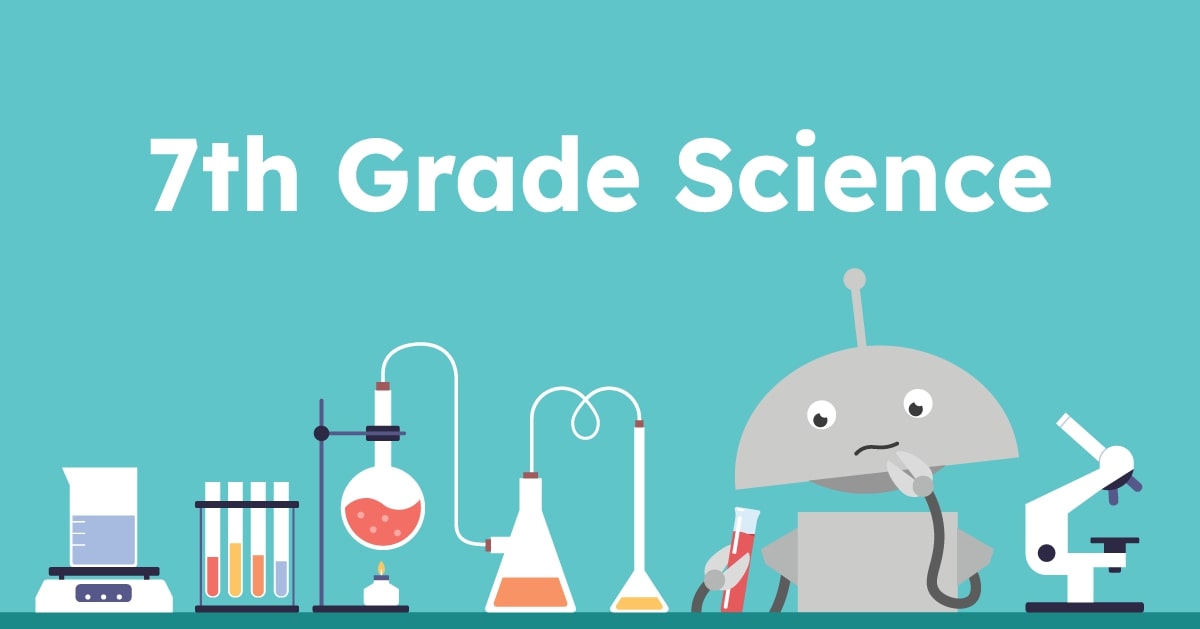7th Grade Science Curriculum
Seventh-grade science is an exciting chance for students to learn more about the universe beyond Earth. In our Astronomy course, students learn more about the solar system, its celestial bodies, and its forces of motion. Students also explore moon phases, eclipses, and star patterns in the night sky.
Connecting these space topics to core science ideas strengthens student understanding of Earth’s place in the universe and develops their critical thinking skills for future science learning.
Sample Lesson
You can find more science for seventh grade on Youtube at The Miacademy Learning Channel!
Is my student ready for 7th grade science lessons?
Before beginning seventh-grade science, we recommend a good understanding of sixth-grade science topics or completion of our sixth-grade science curriculum, Earth Science.
Your student is likely ready for seventh grade science if they can:
- Understand and apply the scientific method (question, hypothesis, testing, conclusion)
- Safely and responsibly use simple measurement tools (ruler, thermometer, balance)
- Recognize living vs. nonliving things and describe how they impact or interact with the environment
- Describe basic earth science concepts, such as Earth’s layers and how different landforms are created
- Make observations, record data systematically, and classify objects
- Interpret simple charts, tables, and graphs
- Read and follow directions in scientific texts
- Write clear, complete explanations or observations
Free 7th Grade Science Worksheets – PDF Download
Each video lesson has printable science worksheets with additional activities to extend learning beyond the screen with a hands-on approach!
Click here to download a free sample PDF of our seventh-grade science worksheets:
What are the 7th grade science standards?
What are the 7th grade science standards?
Seventh-grade science standards include many topics, including how energy moves, what causes weather, and how Earth fits into the solar system. The overall goal of seventh grade science lessons is for students to think like a scientist and solve problems like an engineer. Miacademy does this by having students:
- Investigate the solar system, moon phases, and gravitational forces, directly addressing standards on understanding the solar system and the role of gravity.
- Apply Newton’s laws to explain planetary motion, supporting physical science standards on forces and motion.
- Explore energy in space, such as sunlight and its role in sustaining life on Earth, to reinforce understanding of forms of energy, energy transfer, and conservation.
- Use models, simulations, and diagrams to observe, represent, and predict celestial patterns, supporting skills in scientific modeling and systems thinking.
- Practice scientific inquiry through investigations, questions, and evidence-based explanations, aligning with the scientific method and critical thinking practices.
- Connect astronomical phenomena to Earth systems, for example, relating the sun’s energy to weather and climate patterns on Earth.
- Describe natural resources in the context of Earth as a planet, including ideas about sustainable exploration of space, linking to renewable and nonrenewable resource discussions.
- Build explanations, test ideas, and develop engineering design thinking, even if not focused on physical prototypes.
Standards can vary by state, so be sure to check what’s required where you live.
Plus, our curriculum is completely customizable! If your state requires a different branch of science in seventh grade (such as physical or life science), you can assign from those courses instead without missing a beat.
Scope and Sequence
Astronomy
In this course, students begin by learning how scientists investigate space, then dive into Earth’s position in the cosmos. From there, they expand their understanding by exploring the rest of the solar system and the vast universe beyond, gaining insight into our place among the stars. From all of our neighboring planets to constellations, supernovas and black holes, our seventh-grade science course makes learning about the universe an astronomical adventure!
Choosing the Best Homeschool Science Curriculum
Miacademy’s middle school science curriculum helps students explore everything about our amazing planet, from cells and life on Earth to the solar system and the universe beyond! Through hands-on experiments, activities, and data-driven projects, students are encouraged to think critically, use their scientific observation skills, and connect what they learn to the real world.
Plus, one of the best things about our homeschool science curriculum is its flexibility! You get full customization over your lesson plans and assignments to fit your child’s unique learning needs. Students can pick up where they left off and begin working on new topics.
Our family of accredited curricula covers everything from lab safety to physics and chemistry and adapts easily to your child’s educational needs.
Whether you homeschool full time or are looking to supplement a public school education, we’re here to support you! Wondering if Miacademy’s seventh-grade homeschool curriculum can be a good fit for your student? Start a chat with one of our friendly customer service agents below! They’ll be happy to help you with any questions you may have.



